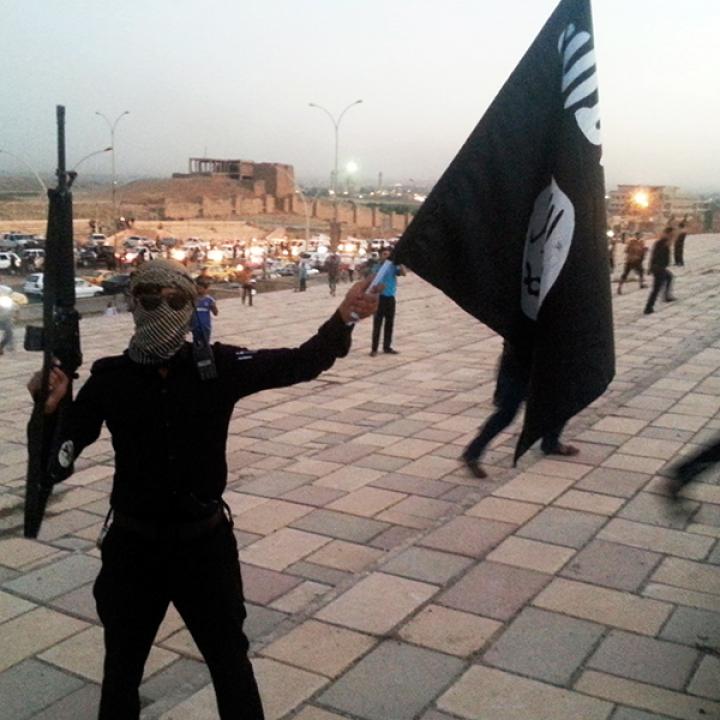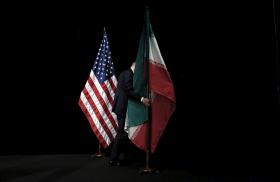
- Policy Analysis
- Articles & Op-Eds
Theology in Foreign Policy: ISIS in Context

An exclusively hard-power approach to stopping ISIS could embolden its followers, while soft power alone is no match for the group's theological pull, so the U.S. government will need to look more closely at how its strategies are interpreted abroad.
Since the Iranian Revolution in 1979, theology has been intimately tied to modern Middle East politics. In Iran, the doctrine of the "governance of the jurist," which calls for theocratic rule under sharia law, paved the way for Ayatollah Ruhollah Khomeini to take power in February of that year. Throughout the 1980s, during the Soviet-Afghan war, various Islamist groups considered the Soviet Union an oppressor of Muslims in Afghanistan. They used this narrative to rally various Islamists to organize jihad on behalf of their Afghan brethren. In 1991, during the Gulf War, Islamists in Saudi Arabia protested the presence of U.S. troops on Saudi soil. They were enraged that the Saudi monarchy was hosting them, partnering with a non-Muslim power, and thus reneging on its commitment to uphold Islam. Meanwhile, for the past two decades, another competing theology, Salafism, has spurred al Qaeda and the Islamic State (ISIS) in their quest for global jihad.
And yet, theology has been incidental to U.S. policy in the Middle East. At each of these momentous turns, the United States failed to acknowledge their possible theological underpinnings. Eight months after the 1979 Iranian Revolution, the U.S. embassy in Tehran reassured Washington that the political turn merely involved vocal "moderate groups who favor a more balanced society resembling a Western social-democracy." Washington also celebrated the Arab Islamist involvement in Afghanistan, regarding it as another front against communism. In doing so, it missed signs that the seeds of what would become al Qaeda were planted in that very battle. And, as scholar Stephen Chan pointed out, the U.S. government saw its participation in the First Gulf War as one of the first tests after the fall of the Soviet Union, of democracy's triumph over communism. President George H.W. Bush called the success of the war, a "victory of liberalism." In short, the near-term political gains -- such as the possibility of democracy in Iran, the rollback of Soviet influence in Afghanistan, and the liberation of Kuwait -- muted the theological stirrings at the time, which were seen as inconsequential to foreign policy...
Foreign Affairs



